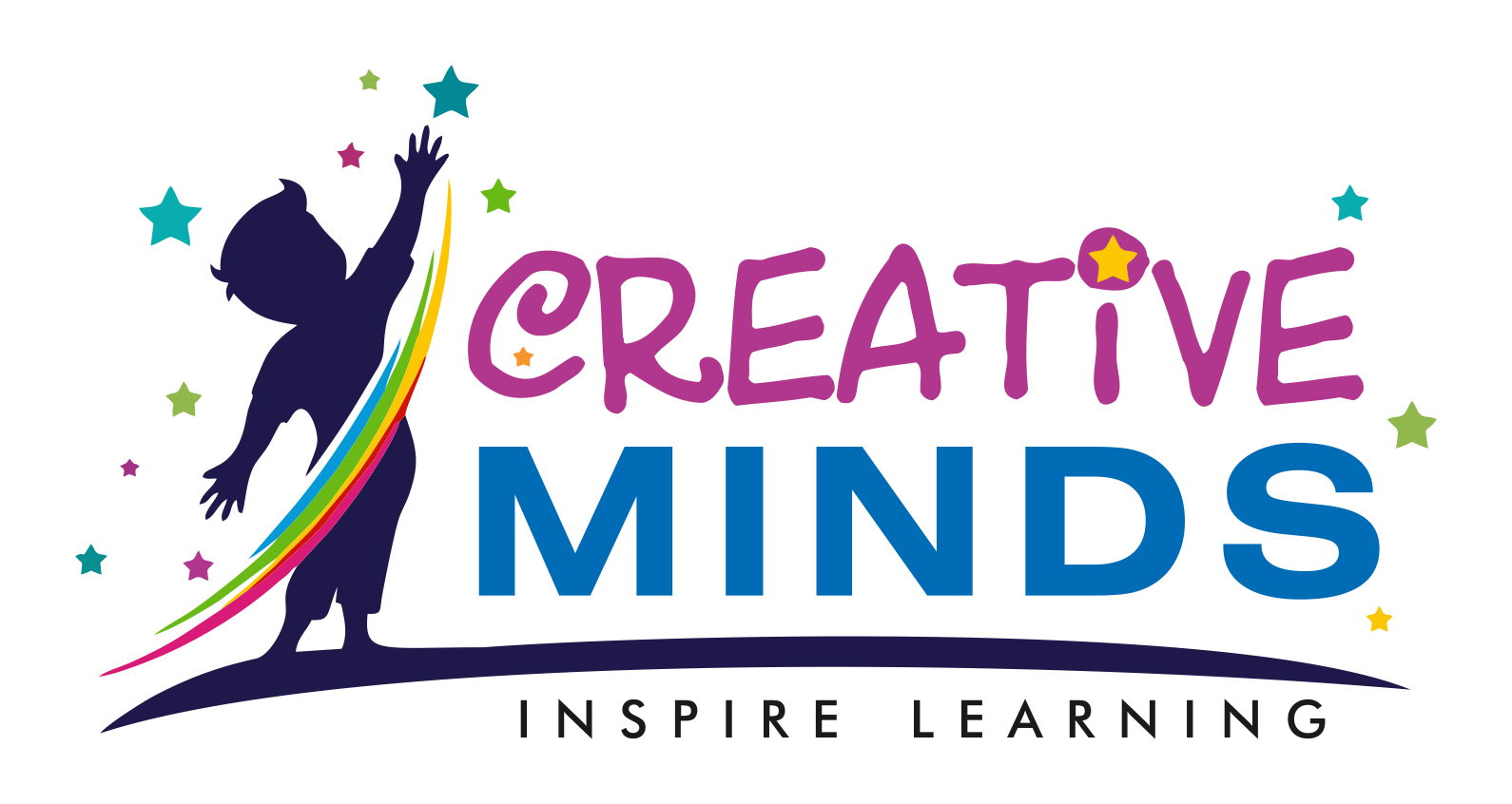In today’s fast-paced world, effective communication is essential for success in both personal and professional realms. At the heart of this communication lies grammar, the backbone of language that not only helps us articulate our thoughts but also shapes our understanding of the world. This blog post explores how grammar education influences a child’s learning, fostering clarity in concepts and enhancing their overall cognitive development.
The Foundation of Language Skills
Grammar education begins early in a child’s academic journey, often introduced through simple exercises that involve sentence structure, punctuation, and parts of speech. This foundational knowledge is crucial; it serves as the building blocks for more complex language skills. Just as children learn to walk before they run, understanding grammar allows them to express ideas clearly and effectively.
When children grasp grammatical rules, they gain the tools to form coherent sentences, enhancing their writing and speaking abilities. This clarity in language use is essential for effective communication and lays the groundwork for more advanced academic pursuits.
Enhancing Reading Comprehension
A solid grasp of grammar not only aids in writing but also significantly impacts reading comprehension. Children who understand grammatical structures can decode sentences more efficiently, making sense of the text they read. This comprehension extends beyond mere words; it fosters critical thinking and analytical skills as they learn to interpret the meaning behind the text.
For example, when children encounter complex sentences, their understanding of grammar helps them navigate the nuances of meaning, allowing them to engage with literature and informational texts on a deeper level. This skill becomes increasingly important as they progress through their education, where the complexity of language and concepts increases.
Encouraging Logical Thinking
Grammar education encourages logical thinking by teaching children how to structure their thoughts systematically. Understanding the relationship between subjects and predicates, for example, helps them organize their ideas coherently. This logical structuring extends beyond language; it nurtures problem-solving abilities and promotes critical analysis.
As children learn to connect ideas through grammatical constructs, they develop the ability to think critically about various subjects. This skill is essential not only in language arts but also in subjects like math and science, where logical reasoning is paramount.
Fostering Confidence and Creativity
Mastering grammar instills confidence in children as they express themselves. When they know how to use language correctly, they are more likely to participate in discussions, share their thoughts, and take risks in their writing. This confidence is crucial for their overall development, encouraging them to explore their creativity.
Creative writing, in particular, benefits from a solid understanding of grammar. Children can experiment with different styles, tones, and structures, knowing that their grammatical knowledge will help them convey their ideas effectively. This fusion of creativity and clarity leads to richer, more engaging storytelling.
Preparing for Future Success
In an increasingly interconnected world, strong communication skills are a key to success. Grammar education prepares children not just for academic challenges but also for their future careers. Whether drafting emails, creating presentations, or collaborating with colleagues, the ability to communicate clearly and effectively is invaluable.
Moreover, as children transition into higher education, they encounter diverse forms of writing—research papers, essays, and reports—where precise grammar becomes crucial. By developing a strong grammatical foundation early on, children are better equipped to tackle these challenges with confidence.
Conclusion
Grammar education is more than just a set of rules; it shapes how children learn, think, and communicate. By providing the tools for clarity in expression, grammar fosters a deeper understanding of concepts and enhances cognitive skills. As parents and educators, investing in strong grammar education is essential for nurturing well-rounded individuals who are capable of articulating their thoughts and ideas effectively. In the journey of learning, grammar is indeed the key to concept clarity.
Unlocking the Power of Clear Grammar Concepts in Kids’ Study Habits

